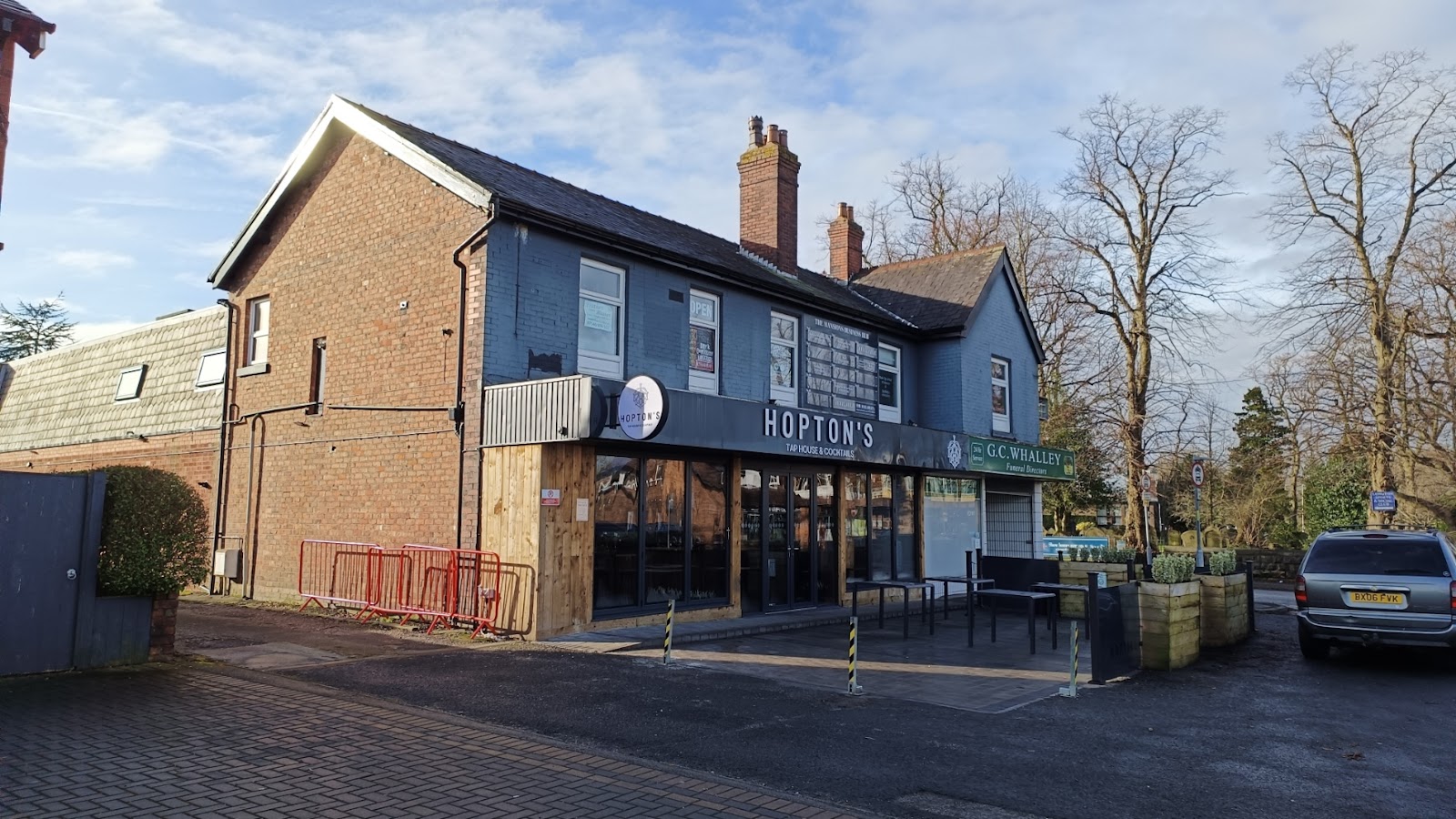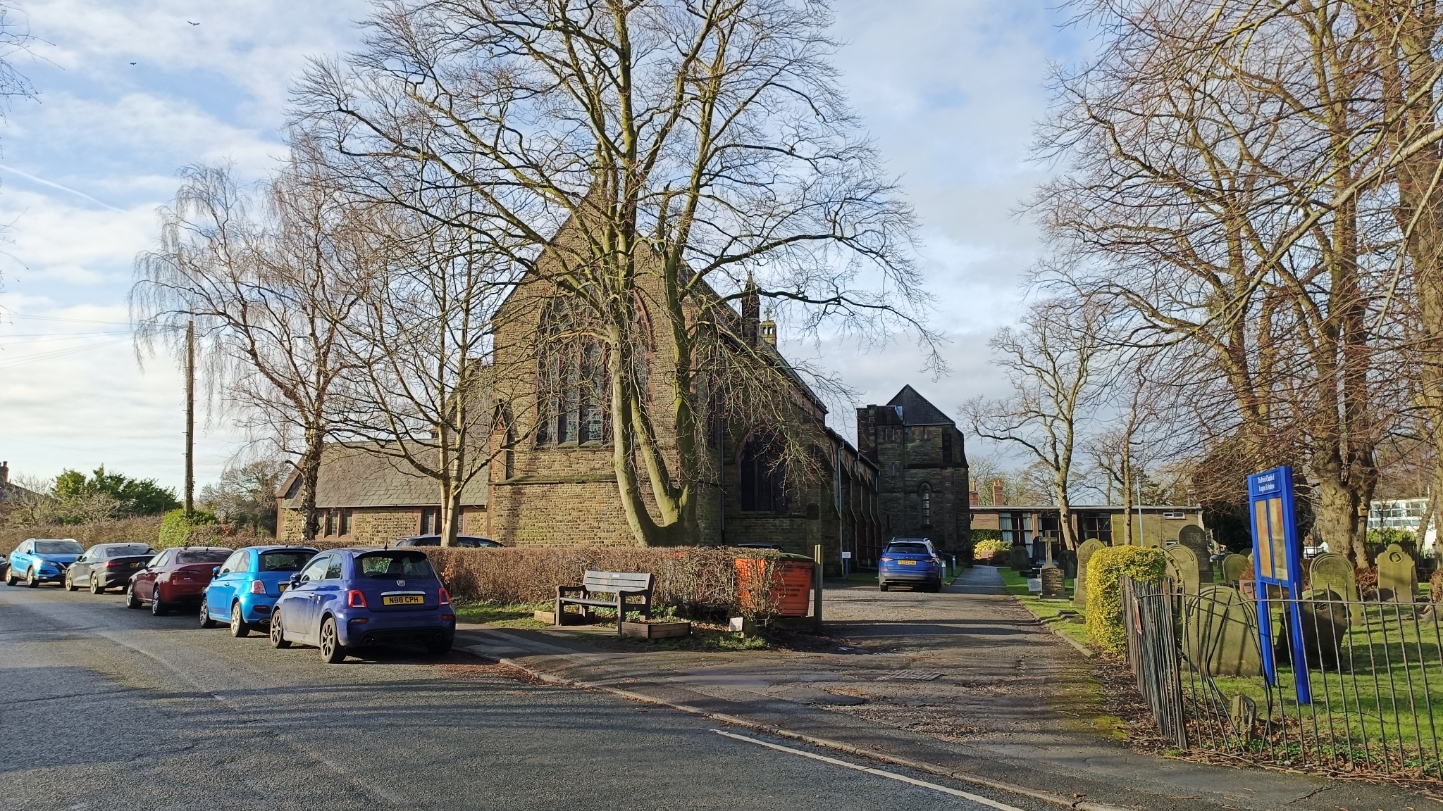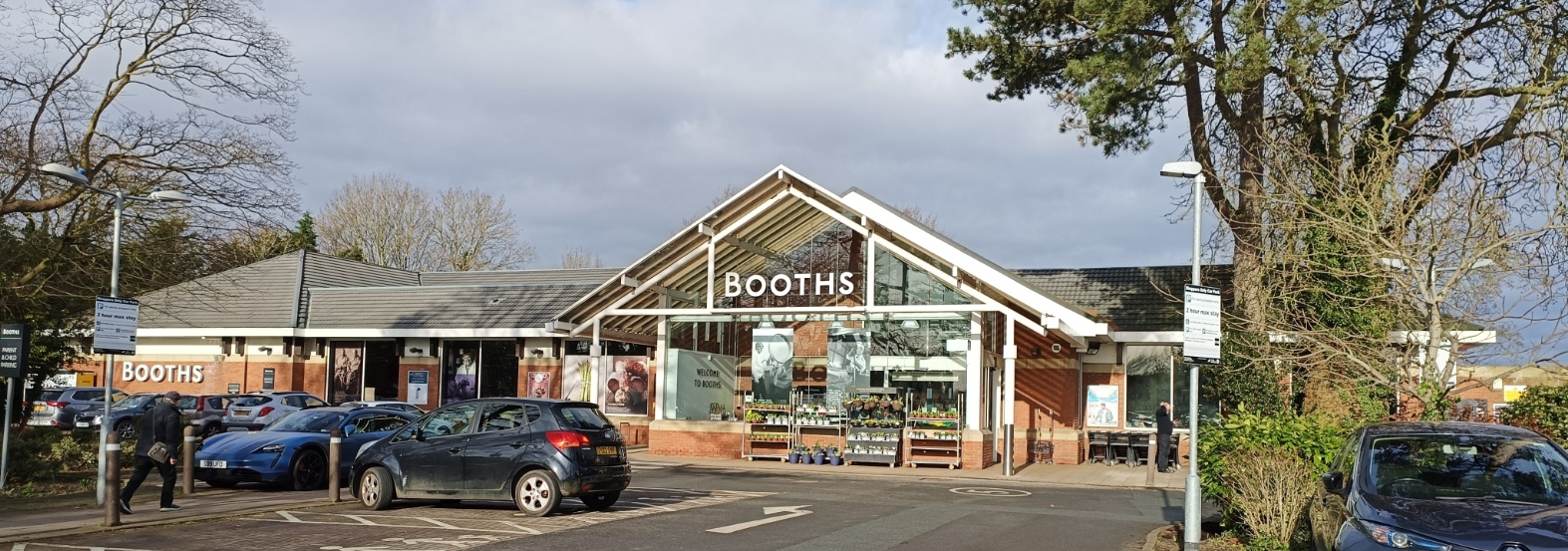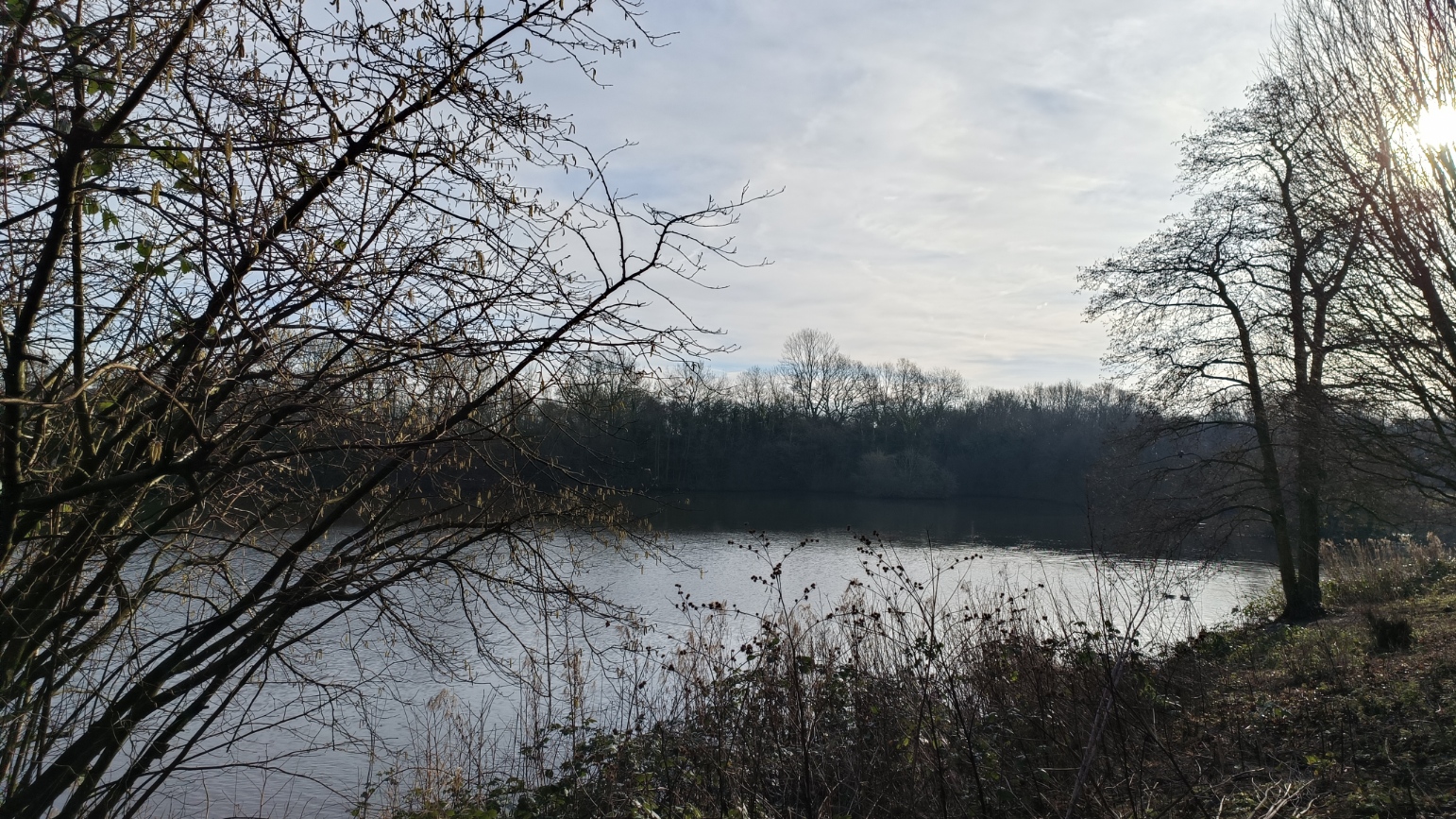Longton
After the long trip to Kendal, this is a short 4 miles from home - though it still took over 30 minutes to get there! At one time it was on the road from Preston to Liverpool, though a bypass now takes the A59 well to the east of the village.
The village has two clusters of shops, both on bends in the road. We start at the Preston end, which is the less attractive, and the Ram's Head, the least attractive pub in the village.
Across Chapel Lane is Hopton's Tap House.
And then over School Lane is st Andrew's Church, built in 1887, and replacing an earlier church built in 1772.
The lands in the area were worked by monks from Penwortham Priory at one time, and they are thought to have built the first chapel, but its location is not known.
There is a short row of shops opposite the church.
And just beyond is Booths.
About half way between the two clusters of shops in the Black Bull, dating from the early nineteenth century.
And then we get the other shops, the first on the right being the Lemon Tree, clearly converted from two houses wil little exterior modification.
On the other side is another pub, Wilkins and Pye, which I guess used to be a shop, and is named after two former breweries in the village.
The road turns sharply to the left, and on the corner is the Golden Ball pub. It dates to 1822, similar to the Red Lion and Black Bull, despite looking rather older to my eye.
A side road goes to the right of the pub, Marsh Lane, and it was down here that the two breweries were sited. So a great place to find a Methodist church...
This is the bridge abutment on the west side, on the east there is little left of it. There was a station here, partly over the road, called Longton Bridge. The line and station closed in 1964.
There was a brickworks just south of the railway, on the east side of the road, and that closed at about the same time. It used clay from pits nearby, and these have been turned into ponds as part of a nature reserve, Longton Brickcroft. There is a visitors' centre (closed when I was there) and a free car park.
There are three ponds, designated north, middle and south. The south is the most attractive, and you can walk all around it.





















Comments
Post a Comment